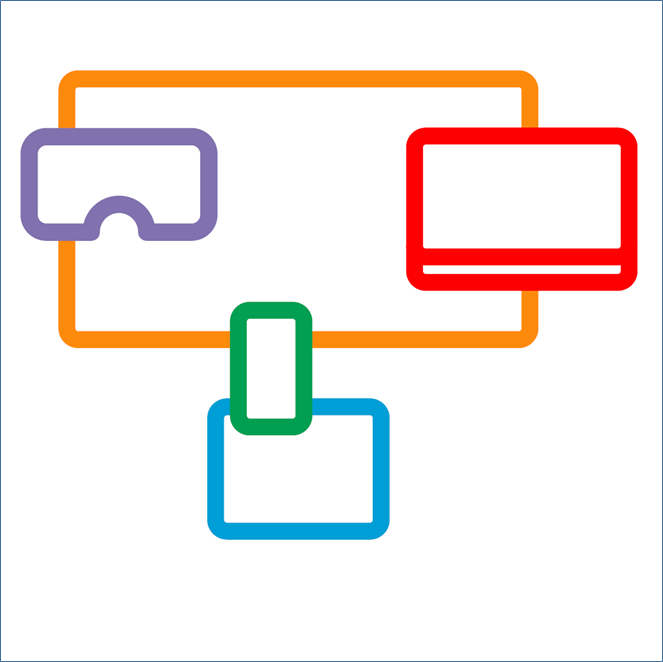Making object-based CAKE at BBC R&D
Object-based media production, which is a central principle underpinning 2-IMMERSE, is being intensely developed by our colleagues at BBC R&D. Freely available online are resources that introduce the ideas behind object-based media, and which outline one especially neat demonstration of it in action, the Cook-Along Kitchen Experience, or CAKE.
Back in 2013 Tony Churnside wrote a BBC R&D blog post that outlines the approach and rationale for object-based broadcasting. This was updated just a few months ago, and remains an essential introduction:
Complementing this is a slightly more technical post by Robert Wadge, written in 2013 and updated two years later:
Just about a year ago, Matthew Brooks and Tristan Ferne looked back over 2016 to review recent work with object-based media from BBC R&D:
This includes a nod towards the involvement of BBC R&D in 2-IMMERSE:
We got busy with 2Immerse, a European project creating a multi-screen, multi-home, interactive immersive home theatre experience. As well as finalising the architecture, we built scrolling scripts that synchronise with the performance, video chat that brings homes together during intervals, and a layout engine that can present content across multiple screens.
Earlier this year, in May, Ian Forrester outlined BBC R&D’s plans to develop a community of practice for object-based media production:
The team is putting together an impressive sequence of demonstrations and workshops around the country (and beyond), and along with outlining this the post features a rallying cry for the significance of object-media:
We believe that the object-based approach is the key to content creation of the future, one which uses the attributes of the internet to let us all make more personal, interactive, responsive content and by learning together we can turn it into something which powers media beyond the scope of the BBC.
Perhaps BBC R&D’s most developed demonstration of the approach is the CAKE pilot, which is described in detail here (and illustrated above). The test period for the prototype of this cooking experience has recently come to an end but the ideas behind it are well worth exploring:
Following a recipe with CAKE is different to other cooking shows because it’s not a linear TV programme. It customises recipes based on your familiarity with ingredients and methods, your tastes or dietary preferences, and how many people you’re inviting round for dinner. The experience reacts ‘in the moment’ to your progress, allowing you to create new dishes at your own pace. Novices can level-up and experts can cut to the chase, supported by an evolving dialogue between audience and presenter.
Also available online is a paper prepared for the recent IBC symposium, ‘Moving Object-Based Media Production from One-Off Examples to Scalable Workflows’ [.pdf], authored by Jasmine Cox, Matthew Brooks, Ian Forrester and Mike Armstrong from BBC R&D. This is a valuable account of the team’s experiences and plans for the next stage of development, as their introduction promises:
READ MOREThis paper follows the creation of our most recent example of object-based media, the Cook-Along Kitchen Experience (CAKE) which was conceived and produced as an object-based experience from the outset. This paper looks at how we are applying the lessons learned from our previous work to the development of OBM data models and software tools. The paper also discusses how we intend to involve content creators from both inside and outside the BBC and build a community of practice around the development of new forms of media.


